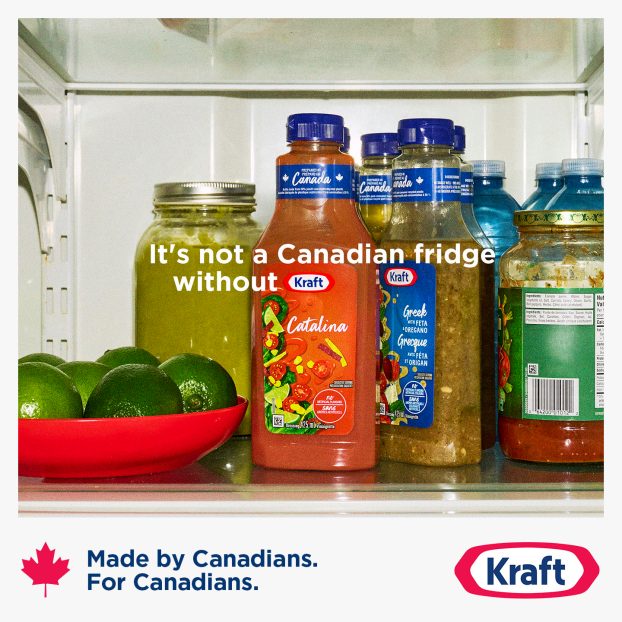It’s no secret in the academic world that temperature influences a consumer’s buying habits, but the latest research to come out of the Journal of Consumer Psychology suggests turning up the heat makes consumers more likely to conform.
So if you’ve been wondering why your claim of “Top selling brand” isn’t driving sales as well as you’d hoped – maybe the retail environment is a bit chilly.
The latest research comes from researchers at Lingnan College at the Sun Yat-sen University of China and CUHK Business School at the Chinese University of Hong Kong. They tapped more than 200 people for a number of studies, as well as the analysis of horse racing bets to track betting behaviour and temperature.
In two studies, participants were placed in cold or warm rooms and asked to choose between two products in the same categories, such as remote controls, sofas or bikes, armed with the knowledge of how other people chose as well. Consistently across both studies, those in warmer rooms veered towards the popular product, while those in the colder rooms opted for the unpopular item.
In a follow-up study, students were asked whether they would buy or sell stock or bet on a horse race, again, presented with the popular opinion. The results mirrored the first two tests, with those in warmer rooms following the crowd and those in cooler temps bucking the trends.
In the final bit of analysis, researchers studied horse racing and temperature over a two-year-period to determine the favoured-to-win horse (based on how many people bet on it, driving down the odds). The higher the temp, the more likely people were to bet on the favoured horse, the researchers found, confirming their theory.
The researchers believe warmth makes us seek conformity because we feel “a closeness to other decision-makers.” That is, being warm leaves us feeling connected to other people, meaning we’re more likely to follow their lead.
In an October 2013 study from the Hebrew University of Jerusalem and Columbia University in the U.S., researchers also found temperature affects the way we view product valuation, by measuring “intent-to-purchase” data across eight categories (such as watches). The researchers studied the daily temperature, and likelihood of that intent to purchase. Mirroring the earlier results, warmer temperatures drove up the intent to purchase.
Two follow-up studies measured the link between temperature and the value people were willing to pay for an item, with one study having participants say how much they’d be willing to pay for a heating or cooling pad (while holding it), or another item (while sitting in a warm or cold room).
Heat – it seems – is effective at driving up how much consumers are willing to pay for an item, as well as the likeliness to buy the popular product. Though researchers at the University of Israel and Columbia agree that manipulating temperature wouldn’t work for all products, such as gloves, which are cold-weather items in the first place.
Image courtesy of Shutterstock.
























